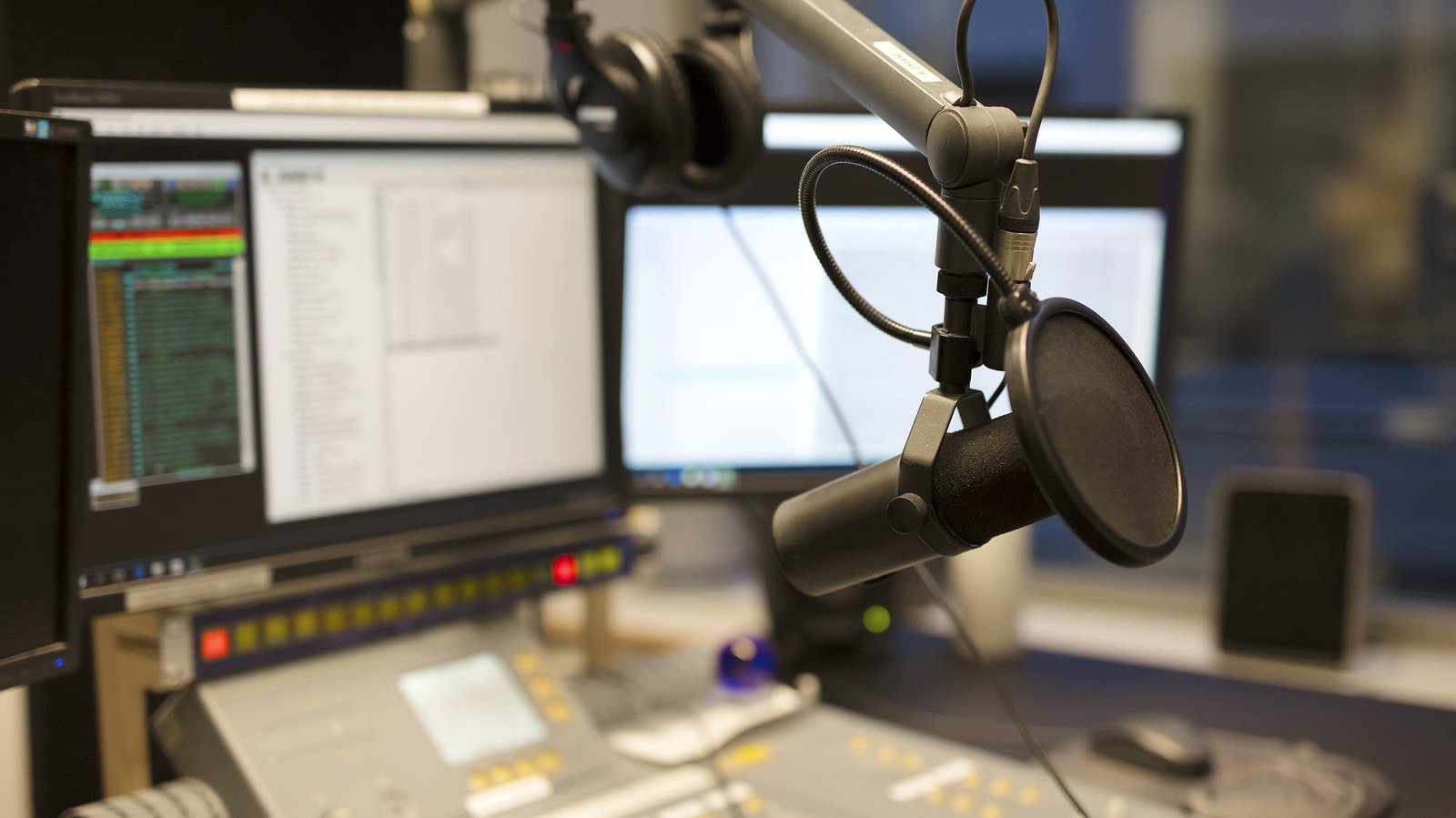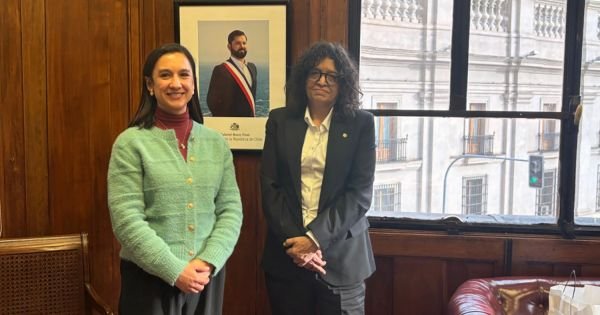Tribal radio stations across the country, including Minnesota, will lose funding after the U.S. House voted for a Trump administration plan to claw back over a billion dollars in funding for public media, according to Brian Wadsworth, the chief operating officer of Native Public Media, a national group that advocates for tribal media organizations.
Native Public Media issued a statement Friday on the organization’s website, highlighting the role of tribal stations that provide local news, emergency alerts and Native language and cultural programming.
“This decision does more than cut dollars. It undermines the public’s right to information, the diversity of American voices and the democratic principle that media should serve the public interest, not partisan agendas,” read the statement.
Three tribal radio stations in northern Minnesota will lose significant funding under the measure, according to Wadsworth.
Niijii Radio, also known by its call letters KKWE on the White Earth reservation, KOJB, the station owned by the Leech Lake Band of Ojibwe and KBFT, owned by the Bois Forte Band, will lose funding that had already been allocated through the Corporation for Public Broadcasting.
“For those three stations, about half of their budget comes from the Corporation for Public Broadcasting,” Wadsworth said. “[It] would be very detrimental not only in terms of keeping the lights on but also being able to provide content.”
Wadsworth estimated the three stations receive approximately $600,000 combined annually from the CPB’s community service grants.
Niijii Radio is a rural station owned by the nonprofit White Earth Land Recovery Project. Maggie Rousu leads the nonprofit and serves as the station’s general manager.
She said the loss of funding will affect the station’s ability to pay staff.
“It’s going to have an impact. I would hope that we would never close our doors and hope that we could continue operating,” said Rousu. “Maybe, maybe it’s operating based on volunteers, I don’t know but losing that funding will have a big impact.”
Rousu estimated the funding from the CPB accounts for approximately 40 percent of the station’s annual budget.
Rousu added the station is located in one of the poorest areas of the state and doesn’t have a large donor base to make up for the loss of funding.
George Strong is the station leader at KBFT, a station owned by the Bois Forte Band of Chippewa, an Ojibwe tribal nation west of Ely.
Strong described the station as “hyperlocal” and able to meet the unique needs of the Bois Forte Band, including programming that teaches the Ojibwe language.
“We utilize our local elders here in the village and we share with the community, the listeners, a daily word they can utilize in their homes, and the community as a whole,” Strong said.
Strong said the station operates at approximately $330,000 a year. He estimated CPB grant funding accounts for more than half of the budget.
Strong said the station’s weather forecasts play a critical role in the community because it can’t always rely on access to broadband internet service.
“We get a lot of people that are concerned, of course, about this area. Forestry here, in particular, where it concerns wildfire and burning permits and our resources as far as how we're managing those wood products,” said Strong. “It’s very important, because it's important to the livelihood of each individual member here.”
Several wildfires burned in parts of northeastern Minnesota in May.
Strong said the loss of federal funding means he and fellow leaders at Bois Forte will have to reassess the station’s current programming in order to survive as a station. He said the station has traditionally used a portion of its funding to purchase programming from national Native American news organizations, including Native America Calling, a popular call-in show carried by nearly 90 public, community and tribal stations across the country.
“Maybe we wouldn’t be able to carry as much national programming, but we might be able to find some funds to do some more alternative type of programming,” Strong said.
Chris Bedeau, station manager for Leech Lake’s station KOJB declined to comment.
The Corporation for Public Broadcasting was set to fund 36 tribal radio stations operating in 12 states over the next two years, including four stations in South Dakota, three in North Dakota and one in Wisconsin, according to Wadsworth.
Native Public Media vowed to continue its support for tribal media organizations.
“We will advocate for stable private and public funding, explore technological opportunities, and support local stations in developing new governance models and partnerships. We will also invest in training the next generation of Indigenous media leaders,” according to the statement.
The recission bill will now go to President Donald Trump for his signature.




